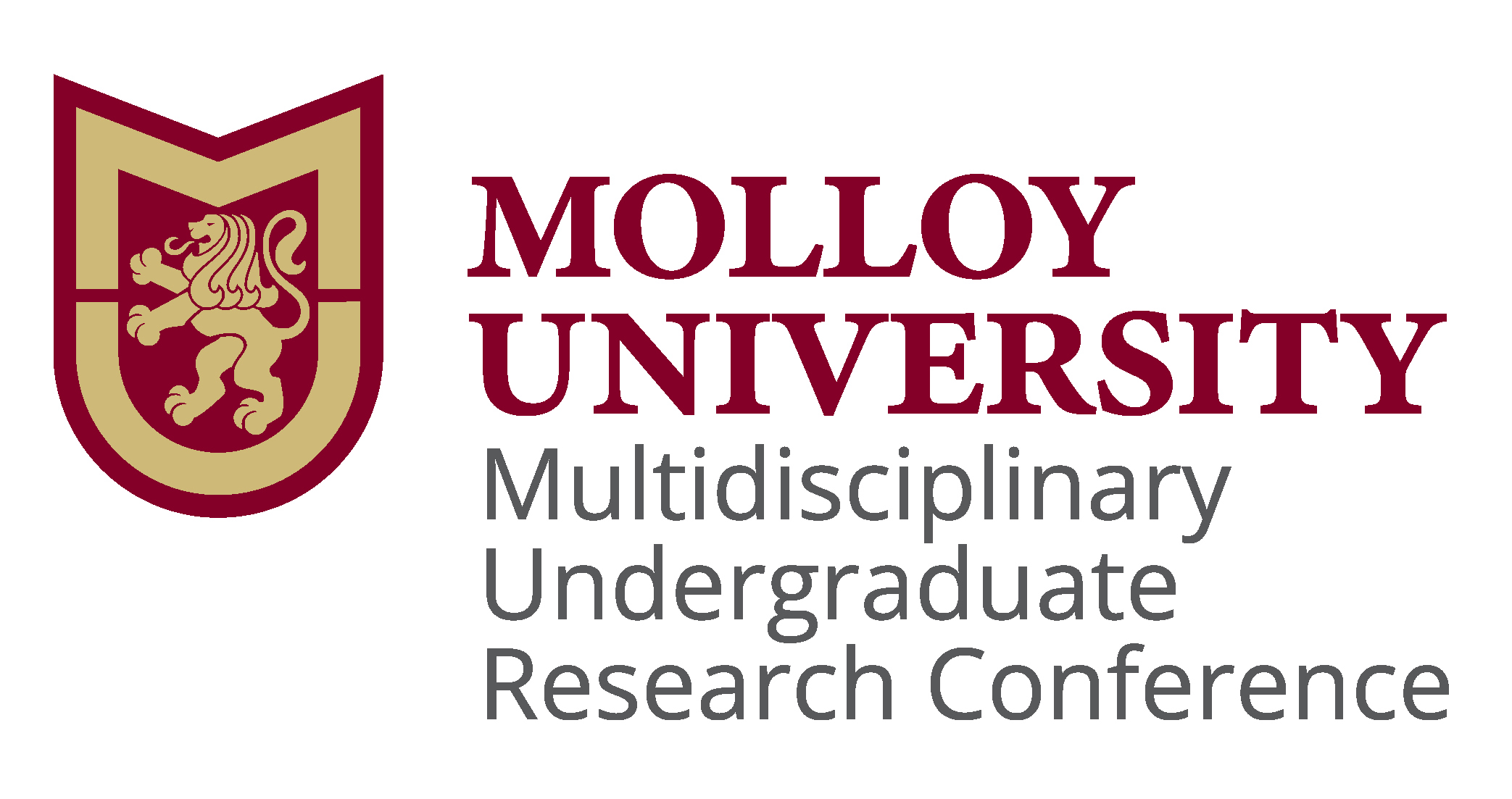Learning Clinical Skills Through Digital Methods: A Focus on Simulation in Virtual Reality
Loading...
Molloy Faculty Mentor
Hia Datta
Presenter Major
Speech Language Pathology and Audiology
Presentation Type
Oral
Location
H339, 3rd floor, Barbara H. Hagan Center for Nursing
Start Date
28-4-2025 5:36 PM
End Date
28-4-2025 5:43 PM
Description (Abstract)
Abstract
Digital tools, such as Virtual Reality (VR) are becoming more popular in education and are continuously being updated (Allcoat & Mühlenen, 2018; Huang et al., 2020; Songkram et al., 2023). VR offers mechanisms that help students learn and practice hands-on clinical skills (Abbas et al., 2023; Fischer et al., 2022; Helsel, 1992). This study investigates hands-on benefits that VR provides for students of clinical disciplines and how these benefits are different from students learning clinical skills through traditional practices of learning (i.e. PowerPoint slides). This will be tested by analyzing the pre -and two post-test scores of up to 40 master’s level Communication Sciences and Disorders (CSD) students in a dysphagia (swallowing disorder) course. The findings will provide valuable information on the role of VR in the learning process and student preparation to go into the workplace (Cicek et al., 2021; Fischer et al., 2022; Sormunen et al., 2021).
IRB #2277551 approved.
Keywords
Virtual Reality (VR), simulation, clinical skills, traditional learning, Communication Sciences and Disorders (CSD), dysphagia, student learning outcomes, workplace preparation.
Related Pillar(s)
Study
Learning Clinical Skills Through Digital Methods: A Focus on Simulation in Virtual Reality
H339, 3rd floor, Barbara H. Hagan Center for Nursing
Abstract
Digital tools, such as Virtual Reality (VR) are becoming more popular in education and are continuously being updated (Allcoat & Mühlenen, 2018; Huang et al., 2020; Songkram et al., 2023). VR offers mechanisms that help students learn and practice hands-on clinical skills (Abbas et al., 2023; Fischer et al., 2022; Helsel, 1992). This study investigates hands-on benefits that VR provides for students of clinical disciplines and how these benefits are different from students learning clinical skills through traditional practices of learning (i.e. PowerPoint slides). This will be tested by analyzing the pre -and two post-test scores of up to 40 master’s level Communication Sciences and Disorders (CSD) students in a dysphagia (swallowing disorder) course. The findings will provide valuable information on the role of VR in the learning process and student preparation to go into the workplace (Cicek et al., 2021; Fischer et al., 2022; Sormunen et al., 2021).
IRB #2277551 approved.



